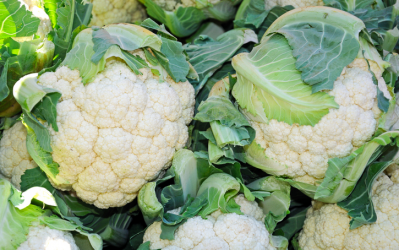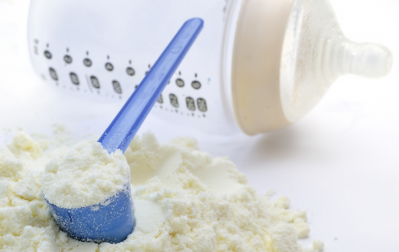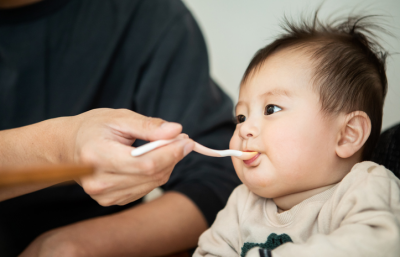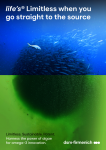Premium positioning: Fonterra seeks to capture South East Asia’s cultured milk drink market with new launch
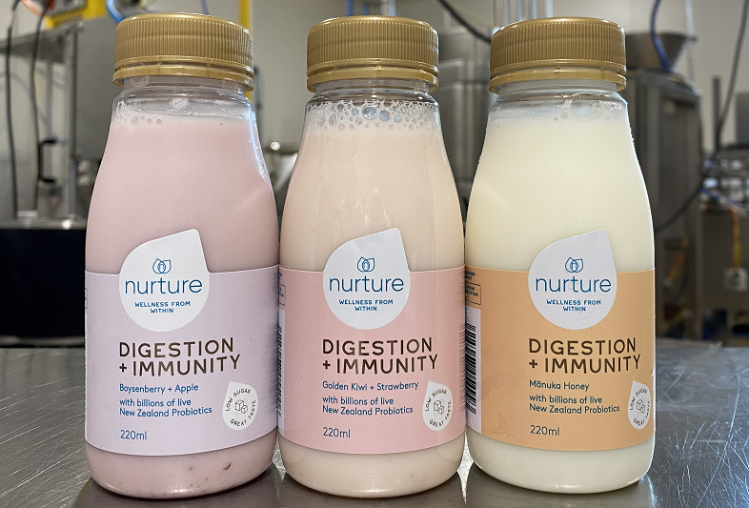
Known as Nurture, the new line is part of Fonterra’s strategy in driving innovation around its dairy products, with South East Asia a region of interest.
“We see South East Asia as a key market with a growing demand for dairy. We also have plans to grow our consumer brand portfolio, leveraging some of our long history and heritage in dairy innovation, pioneering many of the world's first and increasingly finding new solutions to help people live healthier lives,” Kiril Simonovski, director, sales and marketing services, Asia Pacific, Fonterra told NutraIngredients-Asia.
Fonterra is no stranger to the probiotic industry, with the company owning dairy culture libraries consisting of more than 40,000 lactic acid bacteria strains.
Of which, two strains are used in the Nurture’s line of products, namely Bifidobacterium Animalis HN019 for gut health and Lactobacillus rhamnosus HN001 for increasing good bacteria. Simonovski said the two strains have been backed by over 70 peer reviewed publications.
“Most of the strains in the culture libraries are yet to be tested for their potential as probiotics, but these two particular strains were first developed during the mid-1990s by our organisation.
“They've had 70 plus peer review publications and from my perspective, they have demonstrated good survival in the gut. They are both halal and kosher certified and they're sold in many of our ingredient businesses around the world as well and in other products,” he said.
While this is the first time that Fonterra is manufacturing probiotics in the form of cultured milk, it is not its first in manufacturing probiotics as a finished product.
Anmum, its flagship formula powder for mothers, is an example that contains the aforementioned strains.
Simonovski explains more about the launch of Nurture in the following video.
Manufactured in a government-funded facility in New Zealand, Nurture’s line of products, which needs to be kept chilled, is priced at SGD$4.95 (US$3.50) per 220ml bottle, and is sold online in Singapore via RedMart, Grab, and PandaMart as part of its pilot trial.
“The thing we're most proud of about Nurture is our ability as a large organisation to get it to the market in a relatively short timeframe, which is around seven months from ideation to actually going live.
“We are looking to accelerate the rate and pace of innovation in our business in the more advanced nutritional categories that exist around the world, particularly in South East Asia,” he said.
The biggest cultured milk player in the region is Japan’s Yakult, while Vitagen is another well-known household name.
What is lacking in SEA’s cultured milk market?
Simonovski pointed out that the points of difference between Nurture’s and the competitors’ products lie in 1) the strains used 2) sugar level 3) packaging 4) dosage amount, and 5) flavours.
According to Simonovski, market survey has shown that sugar level is on top of mind when consumers gave their feedback on the existing cultured milk products.
“We developed what we believe to be a premium product that will help address some of those concerns. It only has one teaspoon of sugar,” he said, adding that the sweetener used in Nurture’s products was stevia.
Each bottle of Nurture comes in 220ml – bigger than most of the existing products, and this also allow consumers to take cultured milk which is usually drank after a meal, as a breakfast or snack.
“Our bottle is a 220ml size, while some of the alternatives can be as small as 80 or 90ml.
“One of the insights that we've able to achieve is to understand that having something in a slightly bigger format can help start the consumers’ day in a positive way and potentially eliminate the need to have other things for breakfast.
“It can also be consumed as a snack throughout the day to deliver that benefit bundle as well.”
However, the company is also opened to re-adjusting the dosage amount based on feedback from the pilot launch.
Speaking of the ingredients, aside from the two probiotic strains, every 100ml of Nurture contains 1.2mg of zinc, 63mcg of vitamin A, 1.6mcg of vitamin D, and 3.2g of dietary fibre.
“From our perspective, we see cultured milk as a core delivery or vehicle to enable us to have that rich ingredient and nutrient bundle and is easily consumable by consumers on most days as part of the daily diet.”
The company has also put a spin on the flavour profile, eventually launching three flavours of Nurture, namely 1) boysenberry and apple, 2) golden kiwi and strawberry, and 3) manuka honey.
So far, golden kiwi and strawberry is the most popular flavour in its first few weeks of launch in Singapore.
Regional expansion
Moving forward, Fonterra hopes to expand the distribution channels of Nurture in Singapore and also to bring it to the neighbouring countries.
“We'll look to potentially broaden the distribution of the products out further beyond online channels into more specialist sort of health food stores, and general grocery over time, depending on the demand,” Simonovski said.

